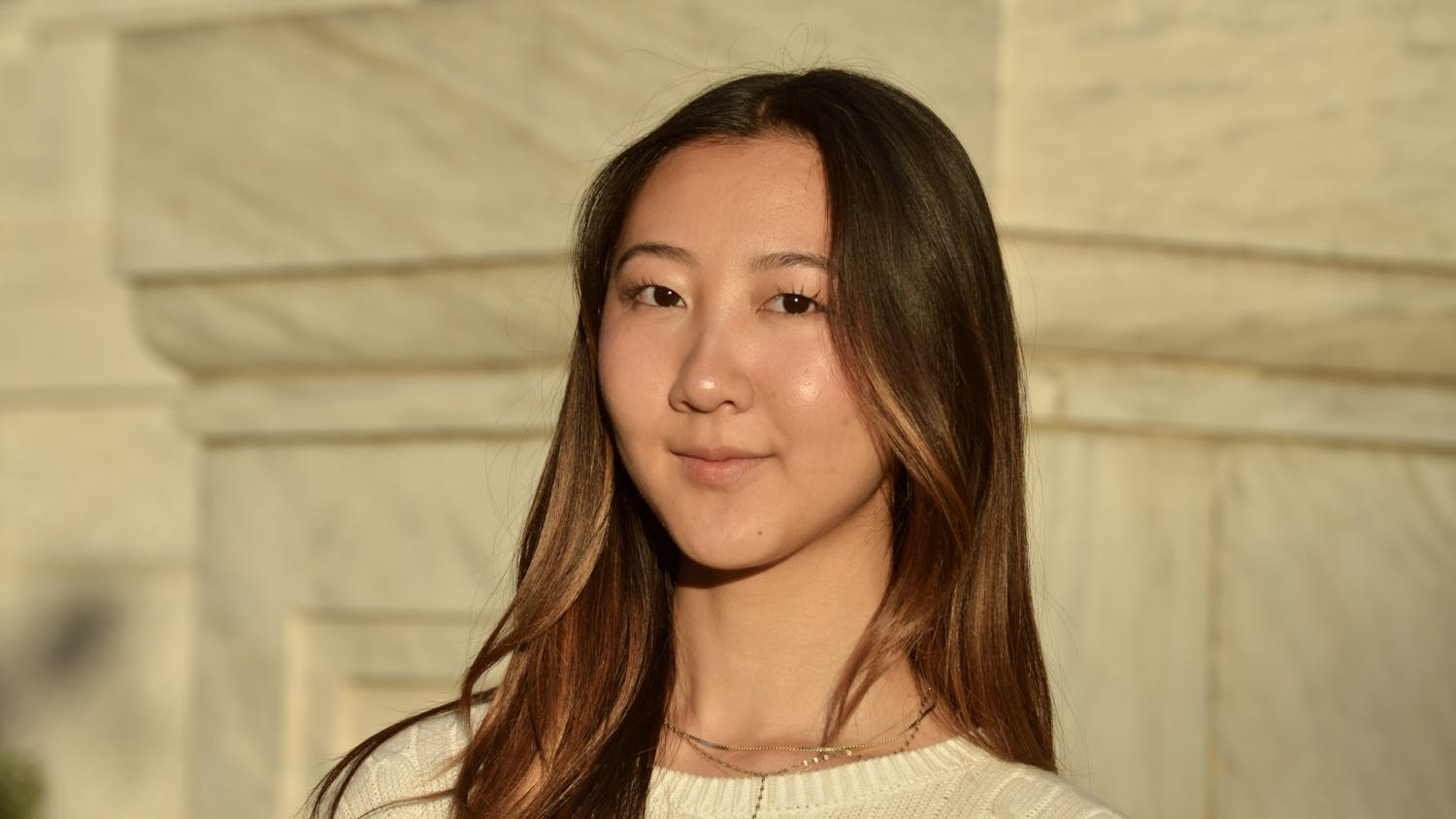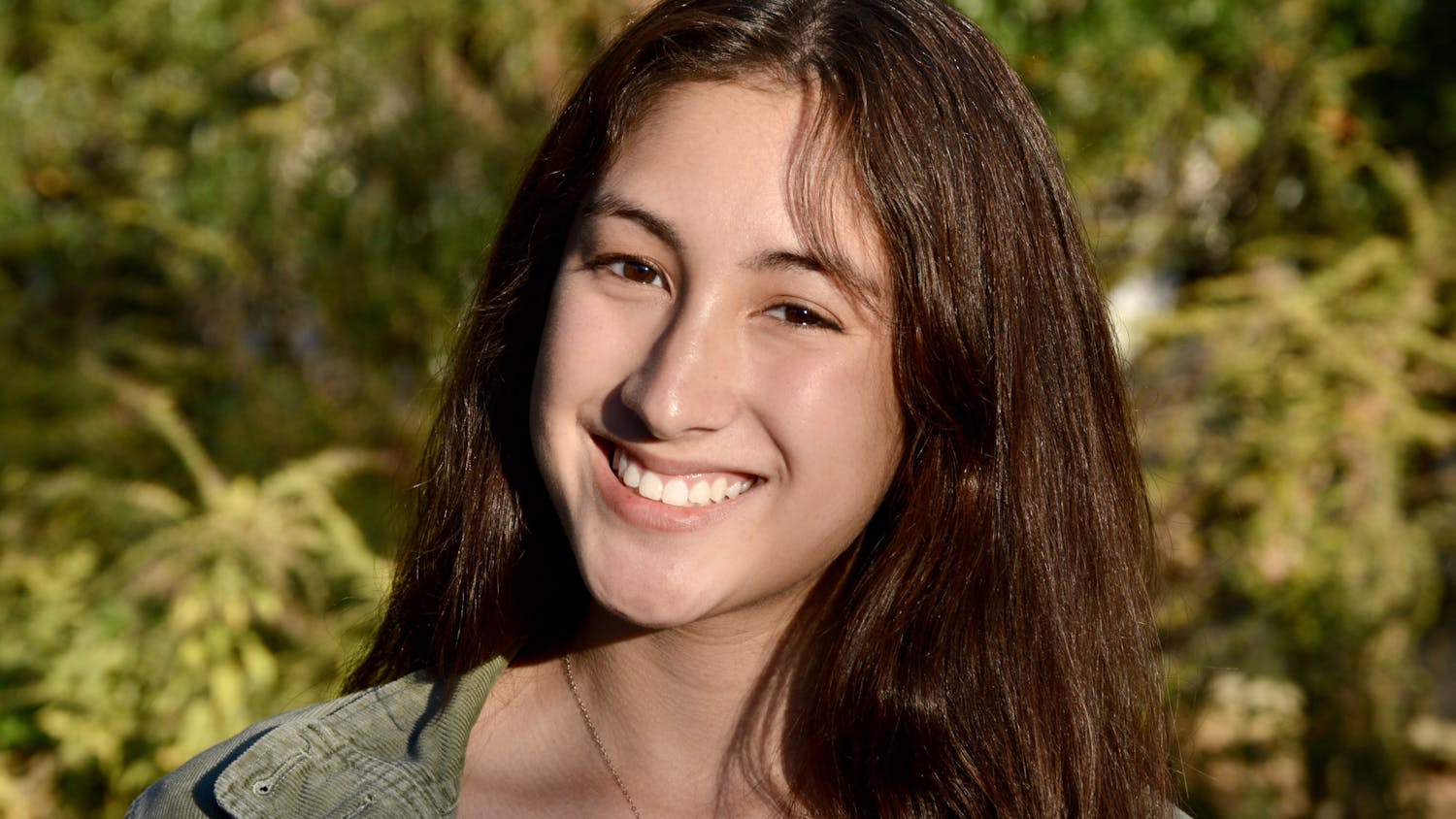Effective in Fall 2004, American University will no longer accept credit from the University of Pittsburgh's Semester at Sea. Other schools also deny credit, including Georgetown, George Washington, Emory, University of Pennsylvania, Vanderbilt, Brown, Harvard, Skidmore, Boston College, Kenyon, Macalester, Tufts and Wesleyan. Some students have expressed concern, arguing that shipboard learning while traveling around the world is an experience they will remember all their lives. The question for us, however, is not that students have found the program rewarding but whether its format and goals are right for American University. AU's change in policy supports our commitment to study abroad programs that enhance a student's in-depth understanding of another country and its culture.
AU's international focus is a key point in the Statement of Common Purpose and President Benjamin Ladner's 15-Point Plan. To enhance international options for AU students, President Ladner appointed a Project Team under the leadership of Vice President Robert Pastor to make recommendations on the role of study abroad programs at AU. Submitted in April 2003, the team's report is available at www.american.edu/internationalaffairs/pdfs/premier_global_university_phase1.pdf.
The report recommended new directions for AU's programs, including a goal of emphasizing "an educational experience that is well integrated with the local setting as well as with students' majors and studies." Study abroad programs follow several different models. In the integrated model, students are fully immersed in the local culture, take courses with students at local institutions, live with local families, learn to communicate in a foreign language, and spend sufficient time to come to understand the place. In contrast, students in "enclave" programs live with other Americans, take classes specially designed for them and often taught by American faculty, and spend most of their time with other Americans. The Project Team concluded that AU's programs, sponsored by a leader in international education, should emphasize experiences that immerse students deeply into a country for an extended period of time.
In the words of the Project Team's report: "The problem is an easy one to recognize. Americans studying abroad often feel more comfortable interacting with their fellow American students. It is easy for most of one's contacts to be with one's American compatriots. Therefore, special incentives or programs need to be developed to give AU students a chance to better understand the country within which they are studying and to make as many friends from that country as possible ... The details at this point are less important than the general point: we should move in the direction of integration, so that our students return from their study abroad experiences having thoroughly absorbed the host country's culture, society, economy, and political system." This recommendation is not a condemnation of other models; instead, it sets priorities for programs AU should offer or authorize for credit toward an AU diploma.
And this brings me to Semester at Sea. The core issue is breadth vs. depth. While AU's goals for study abroad emphasize depth of understanding, the Semester at Sea model is overly broad. Its very format is antithetical to our goals. Students visit up to 10 countries for a few days each. Between stopovers, they attend classes on board. According to the course descriptions on the Web site, some classes take advantage of visiting different ports, but many courses are offered regularly at AU. Quite a few are survey or introductory courses. There are no foreign language courses - an odd omission in a study abroad program in non-English-speaking countries.
If the justification for accepting Semester at Sea credits is the educational experience, do we have any reason to believe that the quality of these courses is any better than those taught by our superb AU faculty? Why would a student choose to take Acting I on board ship instead of from AU's award-winning Caleen Sinnette Jennings, this year's Scholar-Teacher of the Year? Why would a student enroll in World Politics through Semester at Sea when it is offered by outstanding SIS faculty on campus? Why take introductory courses in anthropology, art history, journalism, psychology or sociology, among others? Why not study Public Relations with our own SOC faculty, such as Lenny Steinhorn and Barbara Diggs-Brown, or Women and Politics with SPA's Karen O'Connor?
On the other hand, if the justification is the knowledge gained by brief visits to multiple ports, the Semester at Sea program fails the "depth" test. AU's goals for Study Abroad include integrating students' experience with a local culture, developing a sustained knowledge of the locale, and forging a strong relationship with the people who live there. While students do meet others on shore during brief stopovers, they have minimal contact with people other than the American students and faculty on board ship. The on-shore experiences of Semester at Sea, perhaps interesting and informative, simply do not meet the study abroad goals we have set for ourselves.
Finally, I would argue that Semester at Sea is a "travel abroad" program rather than a "study abroad" program. Yes, students go abroad, they take courses, they undoubtedly study, and they undoubtedly learn. But is that learning an appropriate component of an American University education? Is what can be gained worth the cost of missing the experience on campus at AU for a semester? Should we allow students to choose Semester at Sea over a more integrated international experience that supports our commitment to study in depth? My answer is no.




